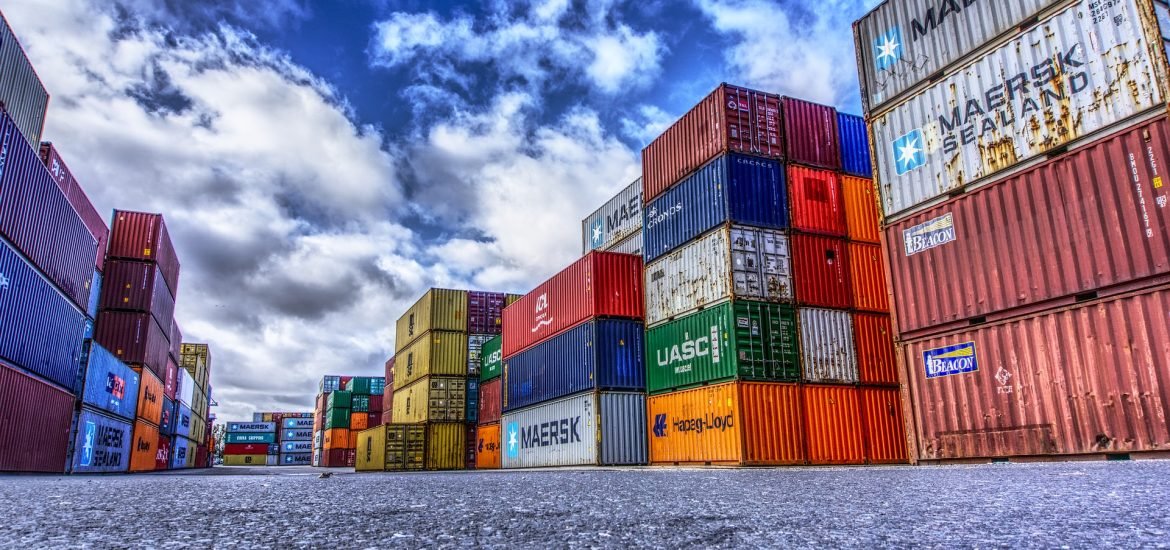
European Union trade commissioner Cecilia Malmstrom said the EU will impose retaliatory tariffs on a number of agricultural products imported to Europe from United States if Washington decides to follow through with its proposed tariffs on steel and aluminium imports.
Last Thursday, US President Donald Trump said the US would impose a 25% tariff on imported steel and a 10% tariff on imported aluminium. The Trump administration said the move is a matter of national security, although Europe has criticised it as “protectionist.”
Over the weekend, European Commission President Jean-Claude Juncker urged Europe to respond to the threat, saying, “This cannot be a unilateral transatlantic action by the Americans.”
The EU later announced retaliatory tariffs on various American products, including iconic American brands sold in Europe, such as Levis and Harley Davidson.
Speaking at a press conference in Brussels on Wednesday, Malmstrom explained how the bloc would respond to the US’s proposed tariffs. She said the Commission would expand the number of US products that would face higher tariffs in the EU to include items such as peanut butter, cranberries and orange juice. The growing list also includes goods such as bourbon, steel and certain industrial products.
Malmstrom added that the full list would be made public “very soon.” According to Bloomberg, the agricultural imports on the list have a total value of €951 million.
Malmstrom said the Commission intends to take its case to the World Trade Organisation (WTO) and will coordinate with other trade partners that oppose the United States’ proposed tariffs. She said that any European response would be “proportionate” and in line with WTO regulations.
The commissioner added that new tariffs could be implemented in Europe in as little as a few months. Countries outside the EU, including Canada, Mexico, China and Brazil, have also threatened countermeasures in response to US tariffs,
“A trade war has no winners and if it does not happen for the better, then we can work with our American friends and other allies on the core issue of this problem, overcapacity,” said Malmstrom. “But if it does happen we will have to take measures to protect European jobs.”
In an interview with Bloomberg Television, Kristina Hooper, chief global market strategist at Invesco, said, “These tariffs right now are just talk, but they have the potential to become quite inflammatory and impact economic growth.”
“Tariffs beget more tariffs,” she explained. “It’s like putting bacteria in a petri dish.”
The agricultural sector provides around 10 million jobs in the EU and accounts for 4.4% of total employment. It remains to be seen whether the US intends to place reciprocal tariffs on European agricultural exports and what effects this could have.
Last November, the US imposed provisional tariffs on Spanish olives, saying Spanish producers benefitted form “unfair subsidies” that hurt olive producers in California. The move prompted criticism from farmers’ unions in Spain, who were strongly opposed to the decision and asked the Commission to do more to counter the tariff.
Pekka Pesonen, secretary of EU-wide farmers’ union Copa-Cogeca, said, “It is unacceptable that the main EU agri-food export market – the USA – can impose protectionist measures against our products without justification.”
US imports of ripe olives from Spain were estimated to be worth €60 million at the end of 2016. The US trade department is expected to make a final decision on the olive tariffs next month.
[…] US claims Spanish olive producers benefit from unfair subsidies that allow them to sell olives in the US for less than their fair value, which hurts olive […]